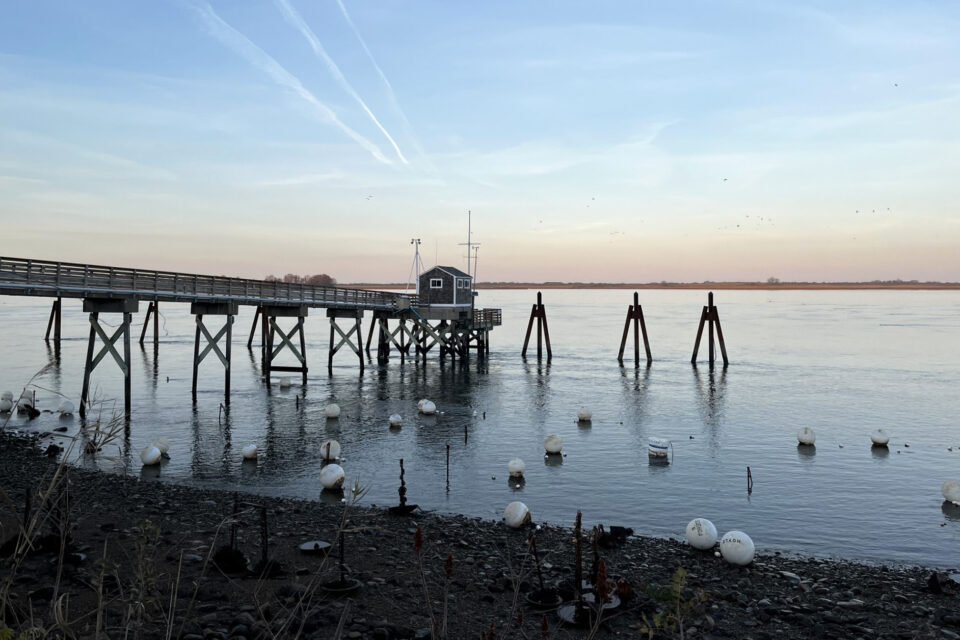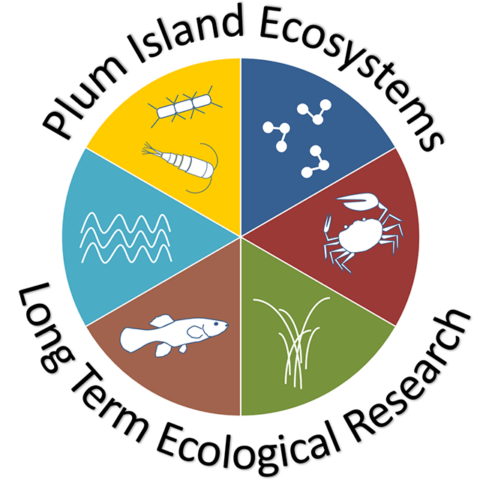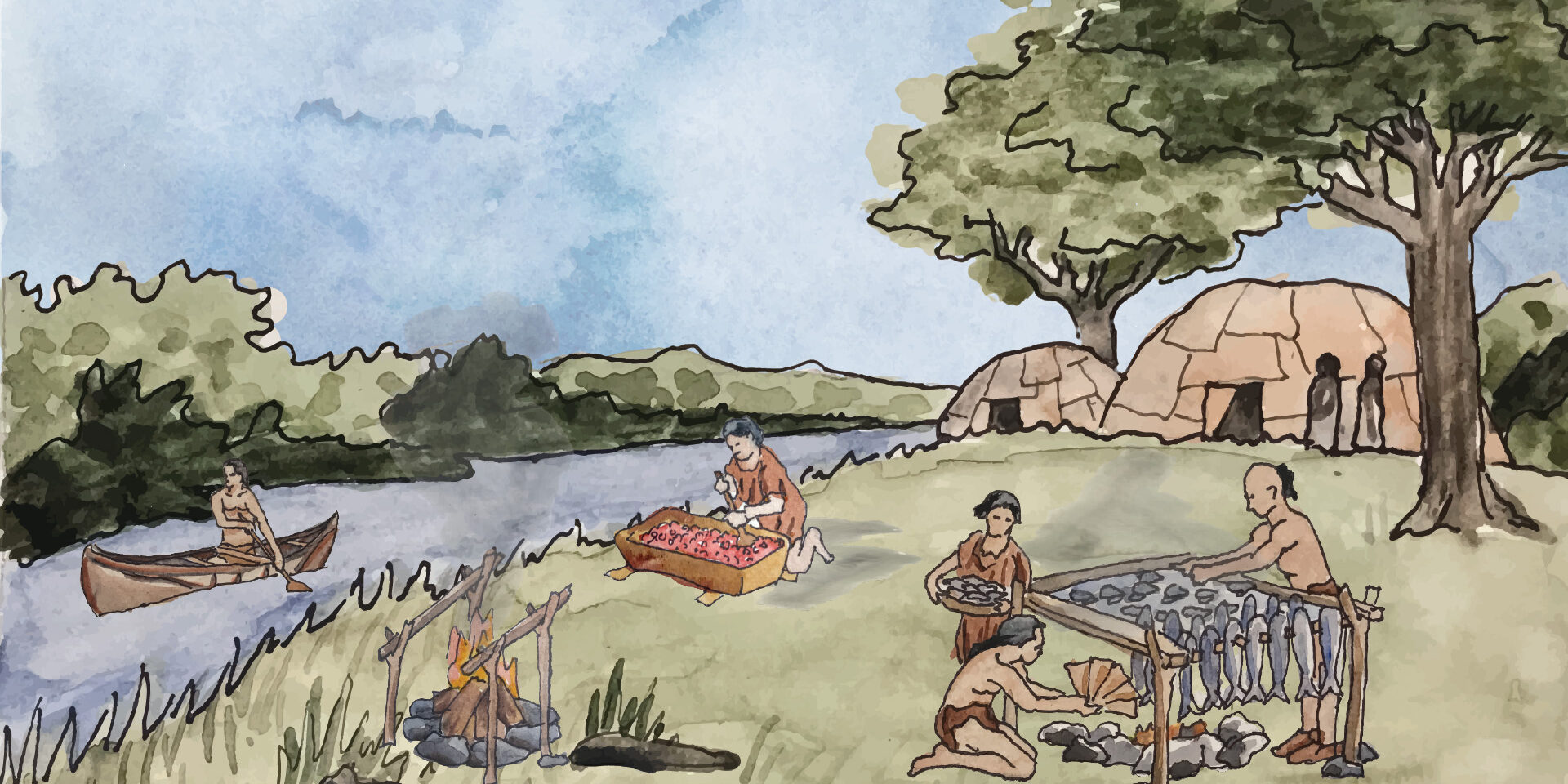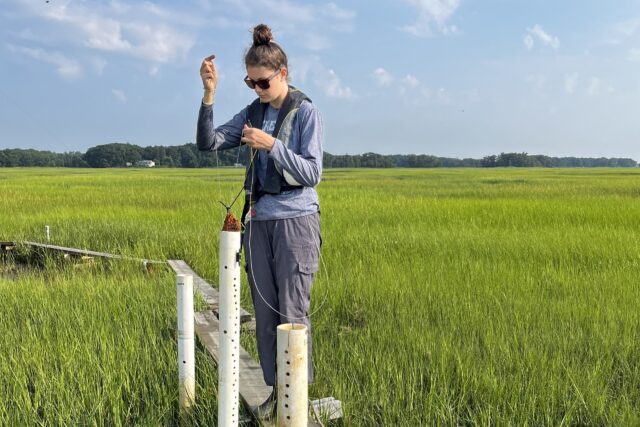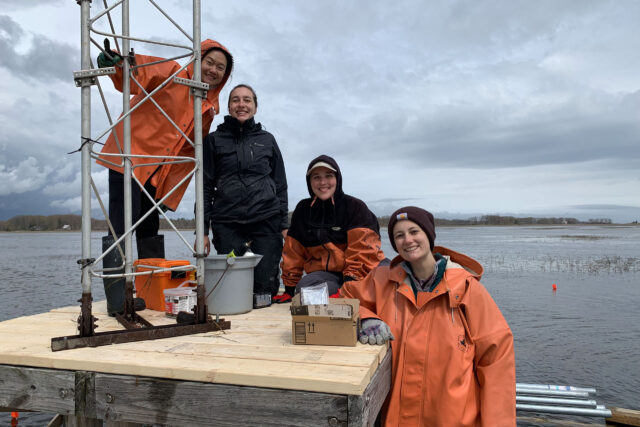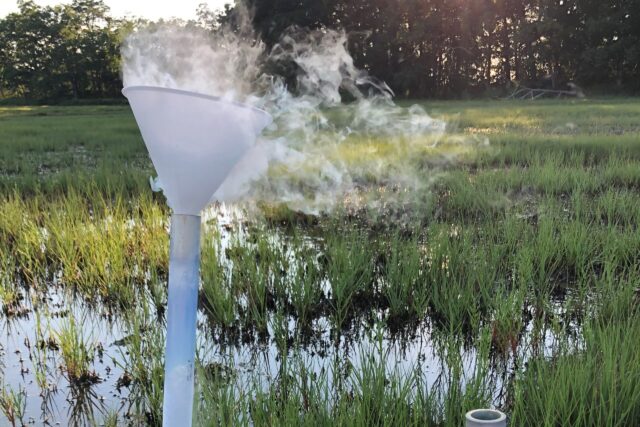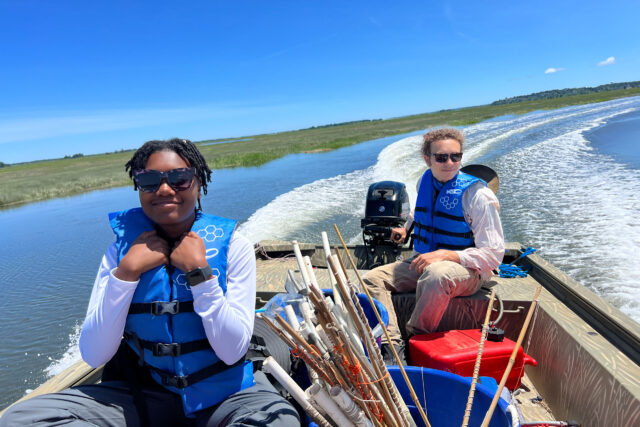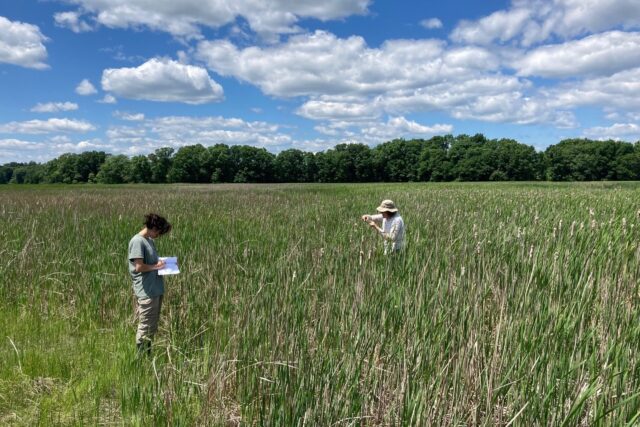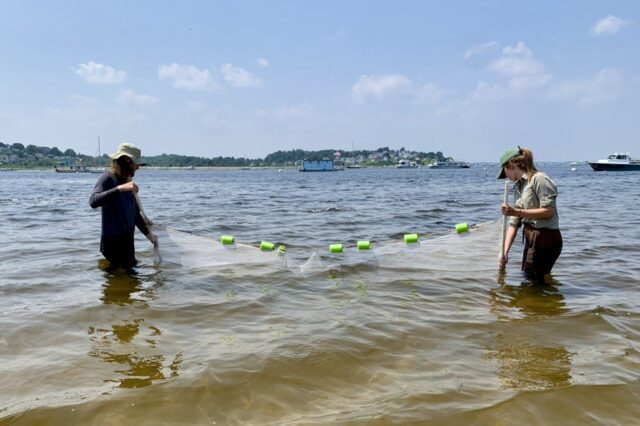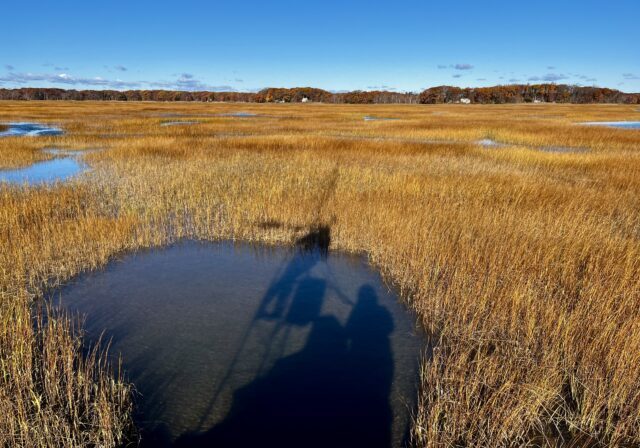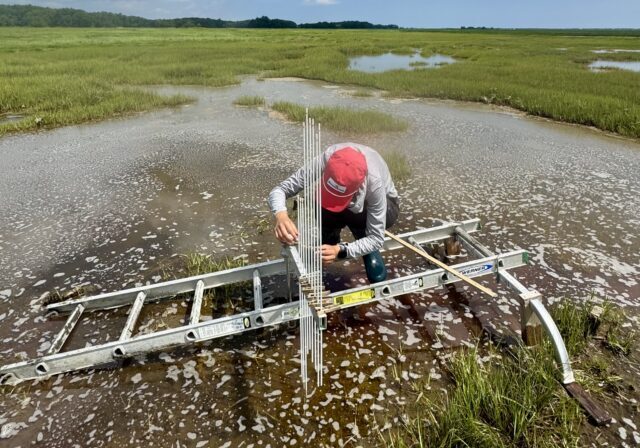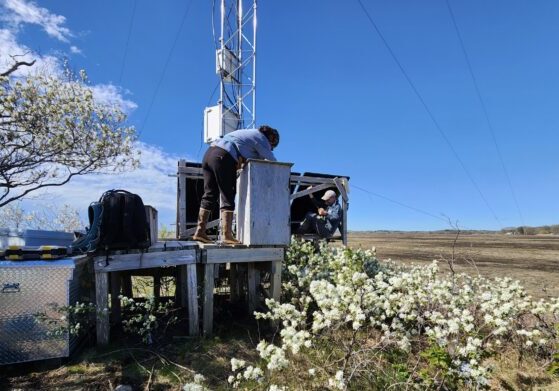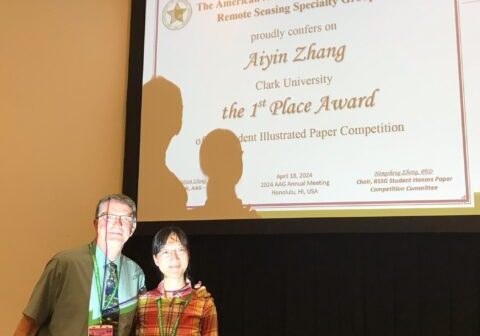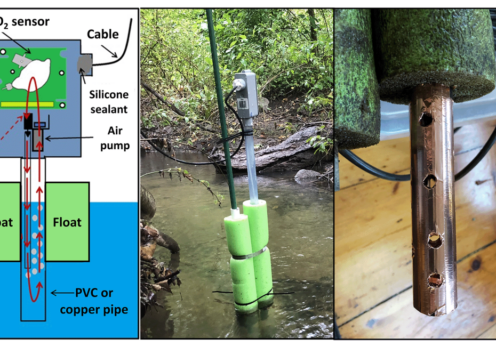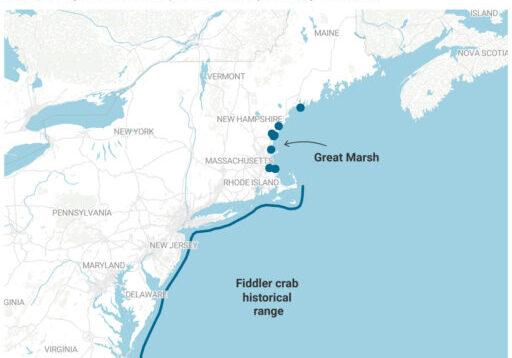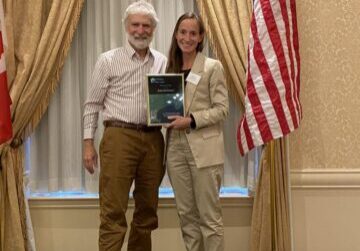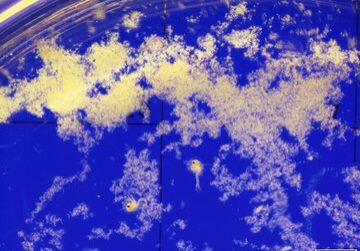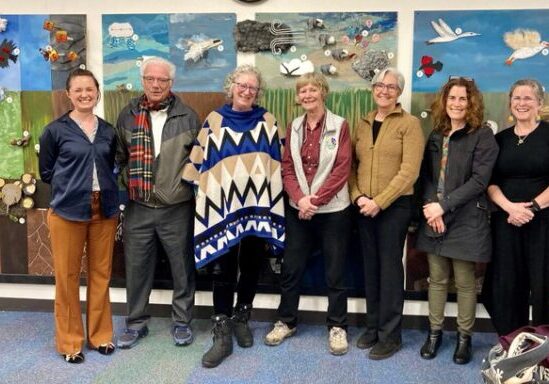Plum Island Ecosystems LTER
The Plum Island Ecosystems LTER (PIE) is a long-term integrated research, education, and outreach program located within the Great Marsh, the largest expanse of intertidal marsh in New England.
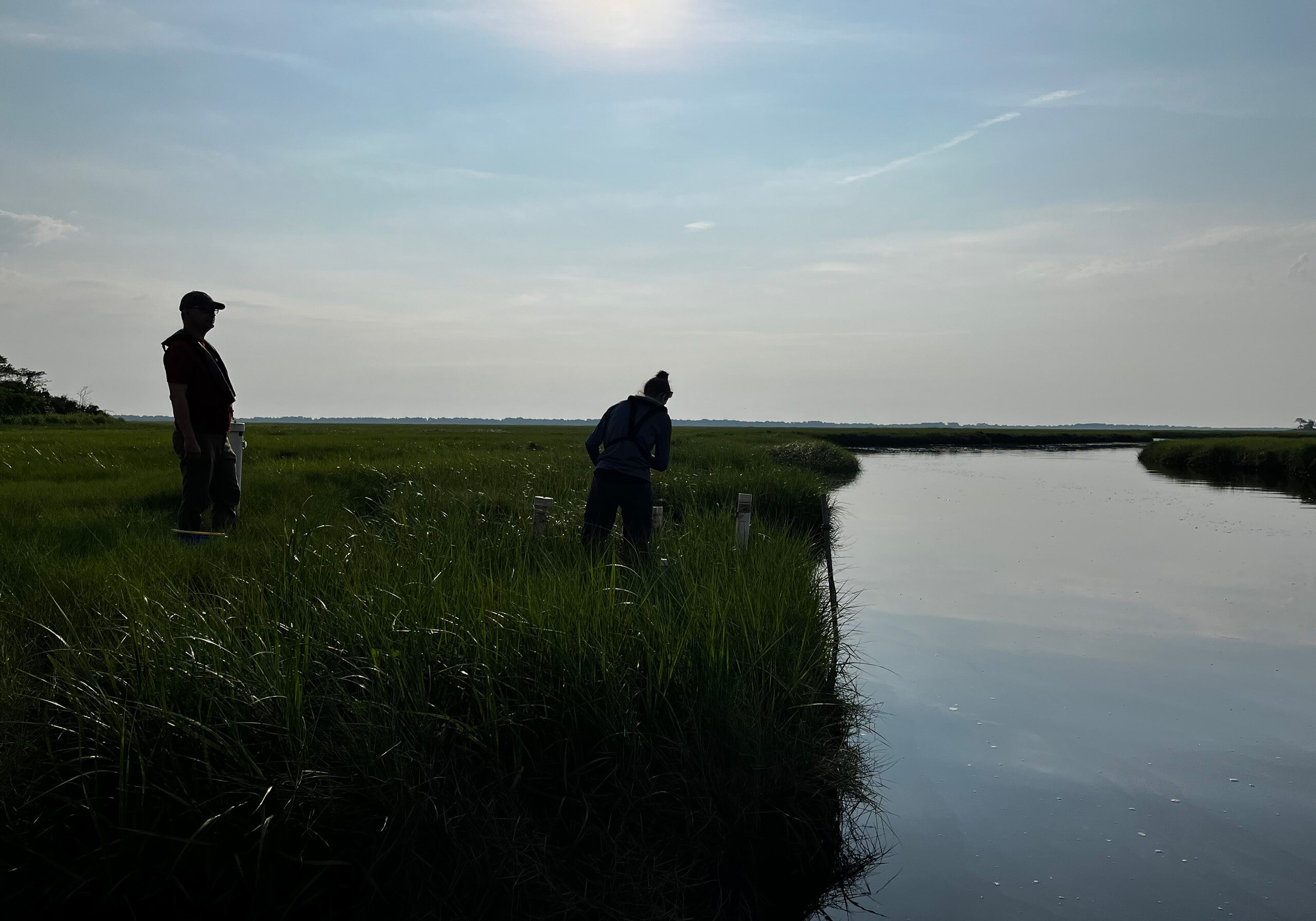
Our research is focused in the estuary and watersheds of Plum Island Sound in northeast Massachusetts.
The Plum Island Sound estuary is a coastal bar-built estuary with extensive areas of productive tidal marshes fed by the Ipswich, Rowley, and Parker Rivers. Our goal is to advance our understanding of the long-term effects of sea level rise, climate change, and human activities on the land, marshes, estuary, and ocean ecosystems within PIE, using PIE as a model for what is happening in estuaries worldwide. Our research sheds light on the controls on marsh accretion and loss, blue carbon storage, the exchange of carbon and nutrients, and how food webs are changing with sea level rise, warming, and ecosystem responses. We seek to apply the ecological knowledge we gain to help in the management and development of policy that protects the natural resources of this and other estuaries in the U.S. coastal zone.
PIE is a collaborative research effort between scientists from over 20 institutions and administered by The Ecosystems Center at the Marine Biological Laboratory. We are a member of the US Long Term Ecological Research Network funded by the National Science Foundation's Long Term Ecological Research Program.
The Great Marsh and connected waterways and watersheds that we study are located on N’dakinna (homeland) of the Pennacook, Abenaki, and Wabanaki Peoples past and present, whose presence in and spiritual connection to the region date back over 12,000 years – well before the Great Marsh formed. As the original stewards and ecologists of the aki (land), awan (air), nebi (water), olakwikak (flora), and awaasak (fauna), the alnôbak (people) knew and followed seasonal cycles of production, migration, and water flow - harvesting what they needed for food and shelter while managing land for growing crops and supporting game. This knowledge lives on in the alnôbak despite the dispossession of these lands and resources by colonialism. We honor Pennacook, Abenaki and Wabanaki Peoples, past, present, and future, and commit to support and include Indigenous environmental and educational initiatives in our work.
Research Highlight Photo Gallery
Data
